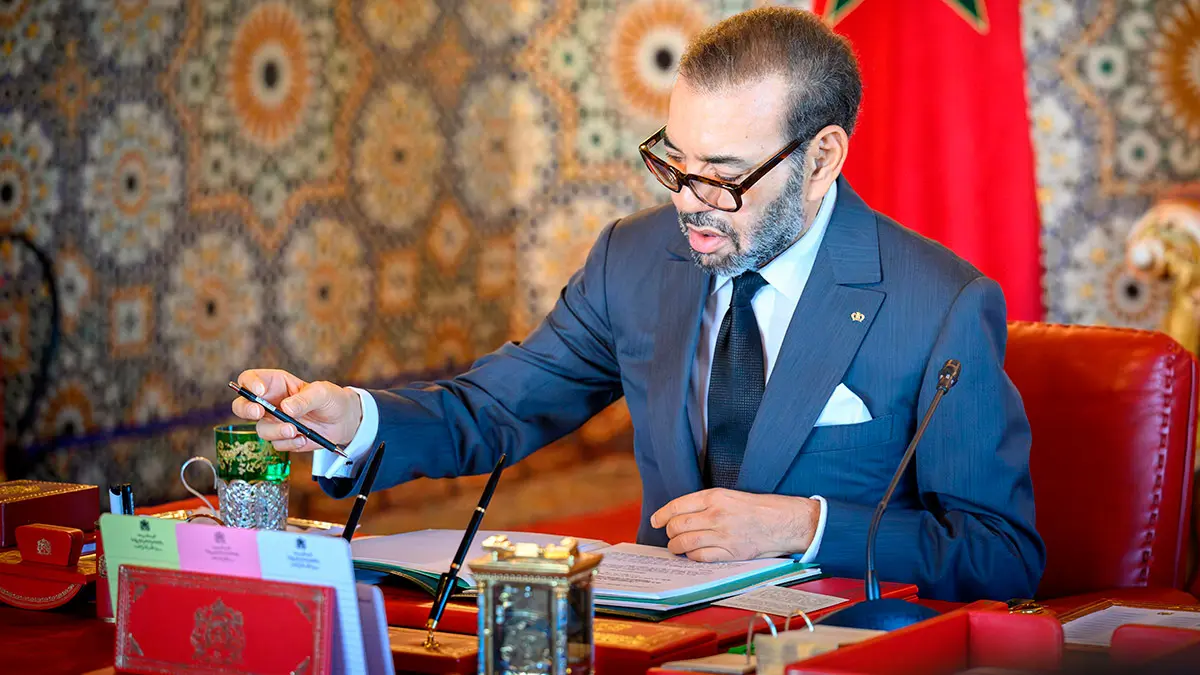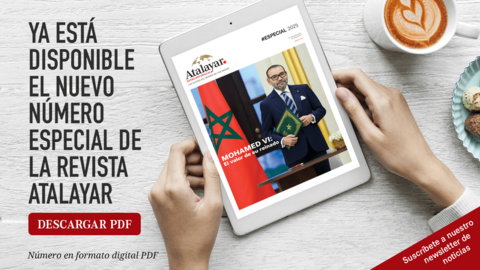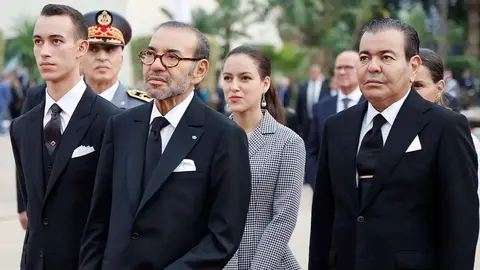The psychopolitics of fear: the Moroccan pardon through the lens of the far right

As usual, the Spanish media ecosystem — especially that imbued with agendas of suspicion and systematic hostility towards the south — did not miss the opportunity offered by the Moroccan royal speech on the occasion of the Throne Day. It emptied it of its substantive content and focused its interpretation on what suits the imagination of its most extremist currents. It ignored the profound dimensions and symbolic political significance of the royal pardon that benefited 19,673 people, in a sovereign act that reveals a humanitarian nuance and strategic balance, in line with Morocco's vision of penal reform and the institutionalisation of transitional justice.
However, what happened was that this sovereign decision – a common practice in any state, whether monarchical or republican – suddenly became inflammatory fuel for the Spanish press. Not as calm analysis or reflective coverage, but as a deliberate operation of public agitation, spreading the narrative of fear of 'the Moroccan other'.
Many of Spain's leading newspapers with cultural influence even chose to present the royal pardon not from a legal or symbolic perspective, but as if it were a suspicious manoeuvre with disturbing security objectives. They explicitly or implicitly adopted the radical discourse of the Vox party, an extreme right-wing nationalist party that never misses an opportunity to direct its political aggression towards Morocco.
Vox, as usual, seized on the Moroccan royal pardon to recycle its tired rhetoric, accusing Rabat of ‘emptying its prisons and exporting criminals to Europe’ in a discourse full of closed-mindedness and blind chauvinism. This narrative has found alarming resonance in certain Spanish media platforms that have decided to become a mouthpiece for this populist logic based on distortion rather than analysis.
This is not an isolated phenomenon: this type of media coverage can only be understood within the Spanish socio-political context, where the far right has found a powerful divisive tool in migration and the Moroccan presence in Europe. Instead of taking advantage of the royal speech to reflect on the strategic messages sent by Morocco to its neighbours, or to understand the pardon as part of an internal dynamic of national justice, the Spanish press preferred to reduce everything to a narrow security logic, sowing panic among its readers and presenting Morocco as a latent threat to the European project.
This perverse framing, promoted by writers considered to be at the forefront of the Spanish media, reveals the profound deficit in the perception that certain Spanish elites have of Morocco. Many of their publications have not yet overcome the stereotype of ‘dangerous Morocco’ or ‘annoying Moroccans,’ the same ideological postulates that underpin Vox, which seeks to dress up its political positions with a veneer of informational legitimacy and thus shape a manifestly hostile public discourse.
The obvious paradox is that this pardon—a common practice even in the most consolidated democracies—is presented in the Moroccan case as an aggressive action, not by nature, but because it emanated from a strong southern state with political autonomy that adopts a comprehensive human vision even on issues that, from outside perspectives, are considered strictly security matters.
The royal pardon can only be understood in the Moroccan context: within a long process of institutional and legal reform that Morocco has been undertaking for decades. The country seeks to balance judicial firmness with royal mercy, between deterrence and reintegration, in a perspective that does not separate security from dignity, nor the law from its socio-cultural and human components.
Anyone who interprets this pardon from the perspective of Vox, or reproduces its narrative, whether discreetly or crudely, is contributing nothing more than to a discourse of hatred that today has a worrying echo in Europe. They are fuelling toxicity in relations between Morocco and Spain at a time when those relations require, more than ever, prudence and mutual respect.
In conclusion: sensible reflection must bring the discourse back to the path of analytical seriousness, far from any ideological sectarianism, and from a perspective of journalistic integrity that respects the specific characteristics of each nation and avoids misrepresenting intentions. When Morocco grants a pardon, it does not do so because of external pressure or to send a message to Madrid or Brussels; it exercises its ethical sovereignty. It sends a clear domestic message: a state governed by the rule of law is not a state of vengeance, and social reconciliation is sometimes built on mercy, not repression. Those who see this as a threat would do better to review their political imaginaries, rather than attributing to geography what it cannot bear.
Abdelhay Korret, Moroccan journalist and writer



